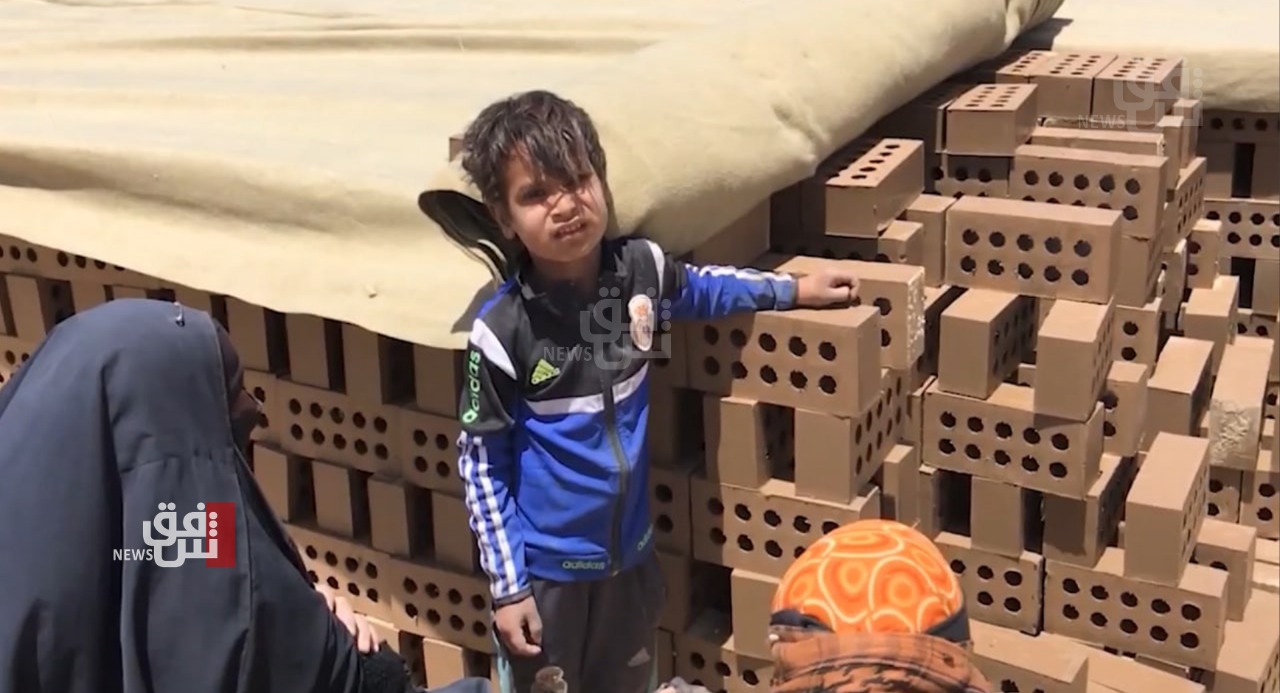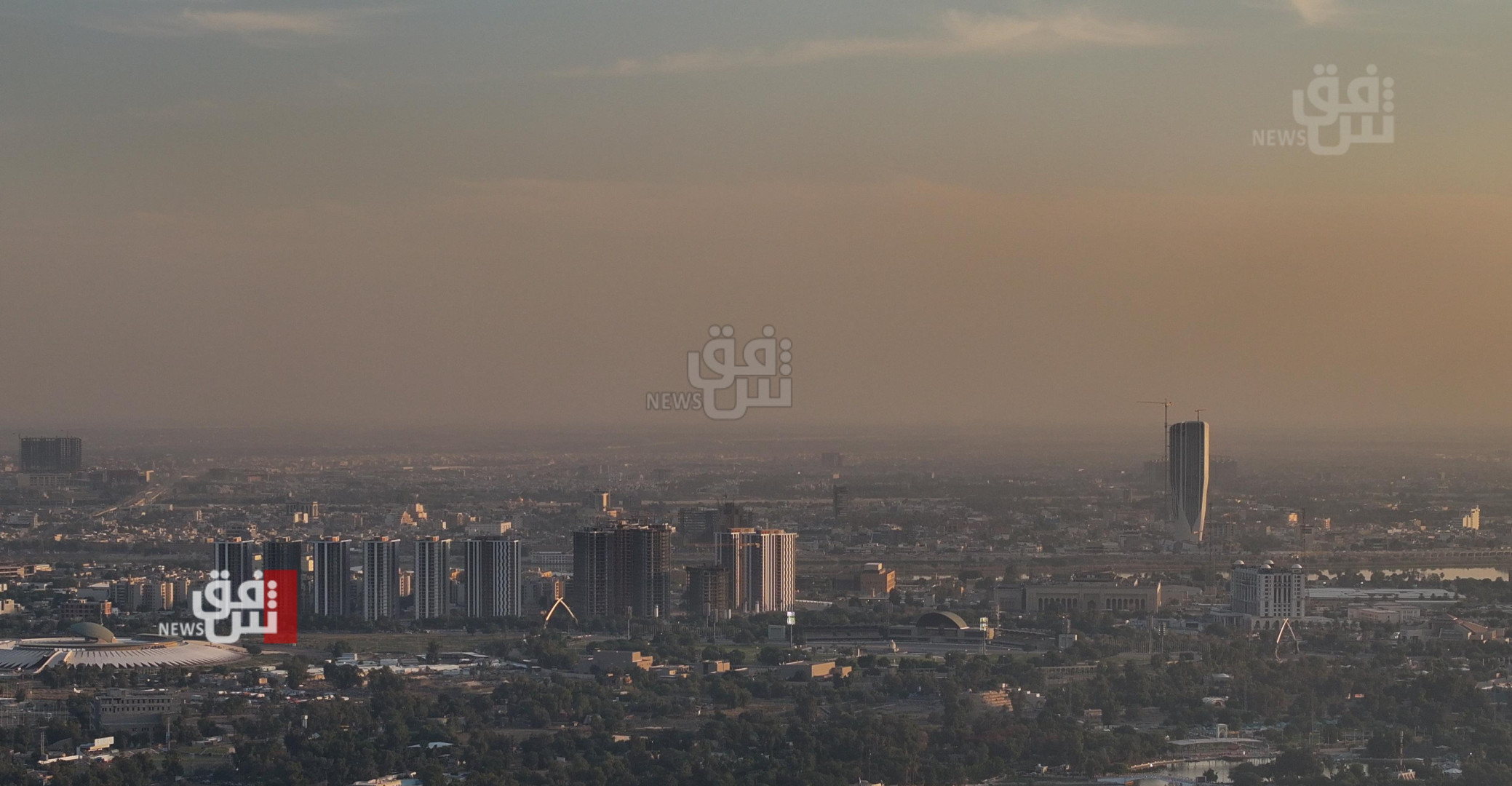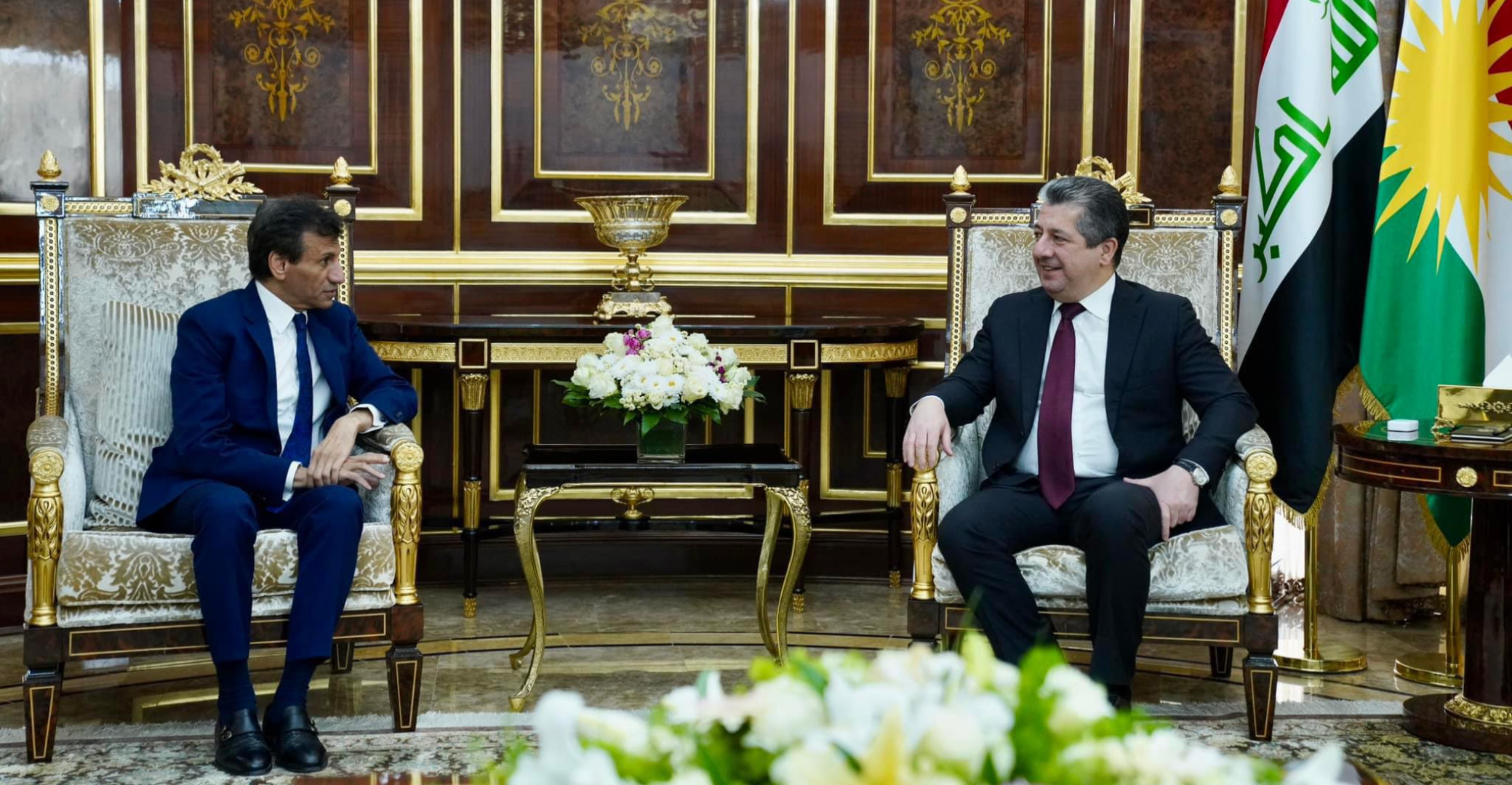The loss of innocence: 5% of Iraq's children pushed to labor

Shafaq News / "For money, I would kill my folks." This is the chilling threat of a child, no older than 12, selling water in Baghdad's Bab al-Sharqi area. He menaces his slightly older brother with a knife over a money dispute. Taxi drivers intervened to separate the boys and mediate peace but to no avail.
Amid dire economic conditions, thousands of Iraqi children are forced to work to support their impoverished families. Rising poverty rates in Iraq have pushed child labor to new heights across most cities in the past two years, according to human rights reports and Iraqi officials.
Experts warn that child labor leads to physical and psychological harm, as the tasks are often too demanding for their age.
They caution that these adverse effects will have long-term negative impacts on the children's futures.
Victims of Circumstance
The brothers mentioned above' story is just the tip of the iceberg when it comes to the plight of working children in Iraq. This incident reflects a broader, systemic issue where countless children, forced into labor, become both victims and aggressors in a society struggling with economic hardship.
Among these working children is 12-year-old Mohammed, a displaced child from Saladin. He supports his family, consisting of three sisters and their mother, by working in a shop in Baghdad's Al-Radhawi market in al-Sadr City district. Mohammed's father was killed by ISIS during their control of the governorate, forcing his family to flee to Baghdad.
Mohammed fears returning to his hometown, fearing instability. He chose work over school, stating that the peak working hours are in the morning. After his father's death, he felt there was no incentive to pursue education.
Despite his efforts, his earnings barely meet his family's needs, and they rely on help from neighbors while living in a cramped room with relatives.
In Nahrawan, on Baghdad's outskirts, the sky is darkened by smoke from brick kilns. Many families, including children, work here for meager wages, sacrificing their education and well-being.
Ali, an 11-year-old boy, works over 10 hours a day for just $6. Driven by the need to support his family, he forsakes his education.
Causes of Child Labor in Iraq
Dr. Qasim Hussein, President of the Iraqi Psychological Association, attributed the primary cause of child labor in Iraq to the continuous wars from 1991 to 2003 and the accompanying economic sanctions, which have led to widespread poverty affecting 13 million people, according to the Ministry of Planning.
Additionally, societal culture encourages children to work to help support their families.
"The consequences of child labor can be categorized into physical, psychological, social, and cultural harms. Physically, children often carry heavy loads that are unsuitable for their body size. Psychologically, they endure insults and pressures, which can lead to long-term emotional damage. Socially and culturally, the phenomenon undermines their development and integration into society," as explained by Dr. Hussein.
The Danger of Child Labor in Iraq
Fadhel Al-Gharawi, President of the Strategic Center for Human Rights in Iraq, reports that over 200 million children worldwide, aged 6-17, are engaged in labor, with boys comprising 80% of this group.
Al-Gharawi notes to Shafaq News Agency that Iraq ranks fourth in child labor prevalence, following Yemen, Sudan, and Egypt, with a rate of 4.9% among younger age groups.
"These children predominantly work in the industrial, agricultural, and service sectors." He attributes the high rates of child labor in Iraq to several factors, including "economic hardship due to low family income, high unemployment and poverty rates, ongoing conflicts, displacement, increased domestic violence against children, and weak legal frameworks and strategies for child protection."
"Despite Iraq's ratification of major international conventions protecting children from labor and being a signatory to the United Nations Convention on the Rights of the Child, child labor rates in Iraq remain high."
Economic researchers warn that "child labor poses significant risks, including the potential for ongoing exploitation and harassment, family disintegration, and school dropout. Given these severe consequences, the state must intensify its efforts to mitigate this issue."
Interior Ministry: We Are Not Shelters
A source from the Ministry of Interior emphasizes that the issue of child labor is a social problem rather than a security one.
"The ministry works to protect children who cannot endure harsh environments and jobs, such as working in brick factories or begging on the streets during the scorching summer."
"Our strategic duty is to protect vulnerable groups in society, including children. However, we face a significant challenge with the increasing number of children working on the streets," the source says. "When the ministry attempts to combat child labor by apprehending beggars and referring them to the juvenile division and the Ministry of Labor, we observe that they are easily released and leave the shelters within days of their admission."
The source explains that the Juvenile Police Directorate monitors alcohol shops to ensure they do not sell to minors, catching offenders red-handed. They also supervise areas where the presence of minors is prohibited. Additionally, the Family and Child Protection Directorate addresses child abuse issues alongside community police efforts. These specialized departments work closely with society and children, aiming to protect childhood.
Meanwhile, a source from the Ministry of Labor and Social Affairs clarifies that "the ministry's shelters provide a nurturing environment for children, but there are no laws compelling children to stay. These shelters are not detention centers."
Iraq's International Commitments
The United Nations UNICEF has estimated that there are approximately one million child laborers in Iraq.
According to the organization, one-third of Iraqi children face severe economic challenges that force them to work to support their families. The organization highlighted that Iraqi children face the highest increase in poverty rates, with two out of every five children living in poverty.
"Children should learn and play, not work," states Ghulam Ishaqzai, the United Nations Resident Coordinator in Iraq. "They deserve opportunities that allow them to thrive and build a promising future." He added, "To eliminate child labor, we must continue working with the government and all relevant stakeholders to strengthen policies and build capacities and institutions to address the root causes that drive many children to work."
Moreover, the International Rescue Committee (IRC) in Iraq reports alarmingly high rates of child labor, disrupting education and depriving children of their rights and childhoods. The organization calls on the government to enforce laws protecting children and ensuring their safety.
It highlights that 85% of working children feel unsafe at work, facing harassment and lacking protective equipment.
Notably, Iraq has ratified key international agreements that protect children from all forms of child labor, including the International Labour Organization (ILO) Convention No. 138 concerning the minimum age for admission to employment and the ILO Convention No. 182 on the worst forms of child labor, which have been in force since 1985 and 2001 respectively. Iraq is also a signatory to the United Nations Convention on the Rights of the Child.
Iraq ratified the Convention on the Rights of the Child under Law No. 5 of 1994 and its two optional protocols under Law No. 23 of 2007.
The nations that are part of the global Convention on the Rights of the Child recognize, particularly in Article 32-1, the right of children to be protected from economic exploitation and from performing any work that is likely to be hazardous, interfere with their education, or harm their health or physical, mental, spiritual, moral, or social development.
Iraq's Ministry of Labor and Social Affairs stipulates penalties for those who employ children, ranging from financial fines and suspension of the employer's license to the cessation of the business itself.
Under the Anti-Human Trafficking Law, exploiting individuals who are unaware of their rights—such as children—is punishable by imprisonment or fines.
Internationally, Article 32-1 of the Convention on the Rights of the Child states, "States Parties recognize the right of the child to be protected from economic exploitation and from performing any work that is likely to be hazardous or to interfere with the child's education, or to be harmful to the child's health or physical, mental, spiritual, moral, or social development."
Hassan Abdul Sahib, head of the Child Labor Combat Division in the Ministry of Labor and Social Affairs, previously stated that "child labor is continually increasing due to wars, conflicts, and displacement, especially in governorates that experienced ISIS invasion." He noted, "These conditions have exacerbated child labor as many families have been left without a breadwinner, forcing mothers to send their children to work."
Abdul Sahib pointed out that "Iraqi law prohibits child labor under the age of 15 and imposes penalties ranging from financial fines to imprisonment for more than six months for violators."
According to the official, the Ministry of Labor currently provides a monthly "social welfare" stipend to a significant number of low-income families to mitigate child labor. However, this support still needs to be improved in the face of life's demands.



